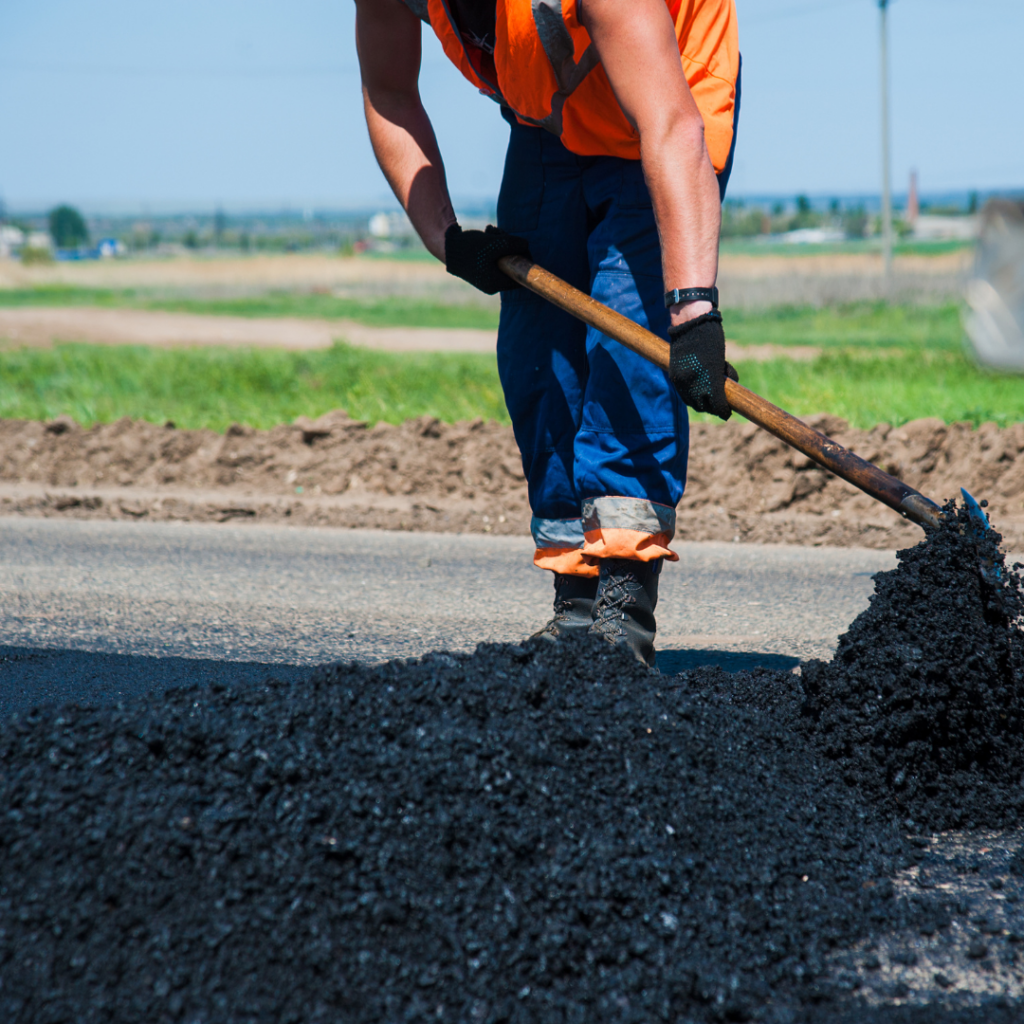A Cautionary Tale for Parents
When we entrust childcare providers with our children, we expect nothing short of the highest safety standards. Unfortunately, accidents can happen. One such incident, involving a young girl named Lauren Fennelly, highlights the importance of vigilance in ensuring our children are cared for in a safe environment.
Lauren, just four years old at the time, suffered burn injuries on her face and hand after being exposed to hot glue in a crèche. Her story recently concluded with a €60,000 legal settlement, raising critical questions for parents about safety protocols, supervision standards, and what steps to take if negligence occurs.
This article will explore the circumstances surrounding Lauren’s case, what parents can learn from it, and how legal channels available in Ireland exist to ensure justice and compensation in cases of personal injury.
What Happened to Lauren Fennelly?
The incident occurred in September 2022 at Little Trinity Crèche and Montessori in Carlow, Ireland. Lauren was reportedly left unsupervised, handling a glue gun and hot glue while crafting. This lack of adequate monitoring resulted in Lauren sustaining a burn injury to her hand and the left side of her face, leaving her with a noticeable scar on her cheek.
Her father, Niall Fennelly, pursued legal action on her behalf, citing failures in supervision and the introduction of an avoidable danger. Little Trinity Crèche admitted liability. The case, brought to the High Court for the assessment of damages, concluded with a settlement of €60,000.
Ms Justice Nuala Jackson, who oversaw the case, inspected Lauren’s scar and approved the settlement, sending her best wishes to the family.
This incident joins many other similar cases involving young children, consistently underscoring why parents must remain proactive in ensuring the safety and care protocols of childcare facilities.
Key Lessons for Parents
Lauren’s story sparks important conversations about the safety standards in childcare settings. Below are the primary takeaways for parents looking to safeguard their children.
1. Supervision Must Be Non-Negotiable
One of the core failings in this case was the lack of appropriate supervision. Parents should ensure that all childcare providers maintain a low child-to-carer ratio and implement robust measures for close monitoring, particularly during high-risk activities, such as arts and crafts involving tools or heated substances.
2. Inspect Safety Protocols Regularly
Crèches and Montessori centres are expected to comply with safety measures. Don’t hesitate to ask for a walk-through of the facility to verify its child-proofing efforts and inquire about safety policies. Are staff members adequately trained? Do they carry out regular risk assessments for equipment and activities?
3. Ask Questions About Activity Planning
While creative activities are valuable for child development, they must also remain age-appropriate. Parents have every right to question childcare providers about the materials and tools used, and whether safety is prioritised during such activities.
4. Know Your Legal Rights
If a childcare provider’s negligence leads to an injury, it’s vital to understand your legal avenues. From compensation claims to inspections by regulatory authorities, knowing where to turn can help achieve accountability.
For parents in Ireland, consulting a solicitor experienced in personal injury cases is an important first step.
When Accidents Happen, What Are Your Legal Options?
While we all hope nothing happens to our little ones, accidents caused by negligence require swift action. Here’s what parents should know about pursuing a personal injury claim for events like Lauren’s case.
1. Document the Incident
The moment an injury occurs, ensure the incident is documented in the crèche’s accident records. Take photos of any visible injuries and, if possible, gather witness accounts. This evidence will be essential later.
2. Seek Legal Consultation
Personal injury claims are complex, and working with professionals ensures your case is handled correctly. Firms like HOMS Assist are well-versed in guiding families through this process in Ireland, offering expertise in navigating claims while protecting your rights.
3. Understand the Legal Timeframe
Timing is critical. Personal injury claims in Ireland must typically be filed within two years of the incident or the date when the injury becomes apparent. For minors, the two-year window begins at age 18. Consulting a solicitor as soon as possible ensures evidence is preserved and the statutory deadlines are met.
4. Know What the Process Entails
The majority of claims are assessed by the Personal Injuries Resolution Board (PIRB), where settlements are often recommended without going to court. However, certain cases, like complex medical negligence or disputed liability, may bypass this process altogether. If the settlement offer is unsatisfactory, you have the right to proceed to court.
For more guidance on filing personal injury claims in Ireland, visit HOMS Assist’s comprehensive resource.
Safety in Childcare Should Always be a Priority
Whether it’s implementing strict supervision policies, regulating the use of hazardous materials, or simply creating safer environments for children, incidents like Lauren Fennelly’s underscore how high the stakes are.
When supervision lapses lead to harm, legal recourse is a resource for families to obtain compensation, hold negligence accountable, and hopefully, ensure such events are never repeated for others.
To all the parents reading this, always ask questions about your child’s care, stay informed about their environment, and know that there are legal protections available to safeguard their well-being if things go wrong.









